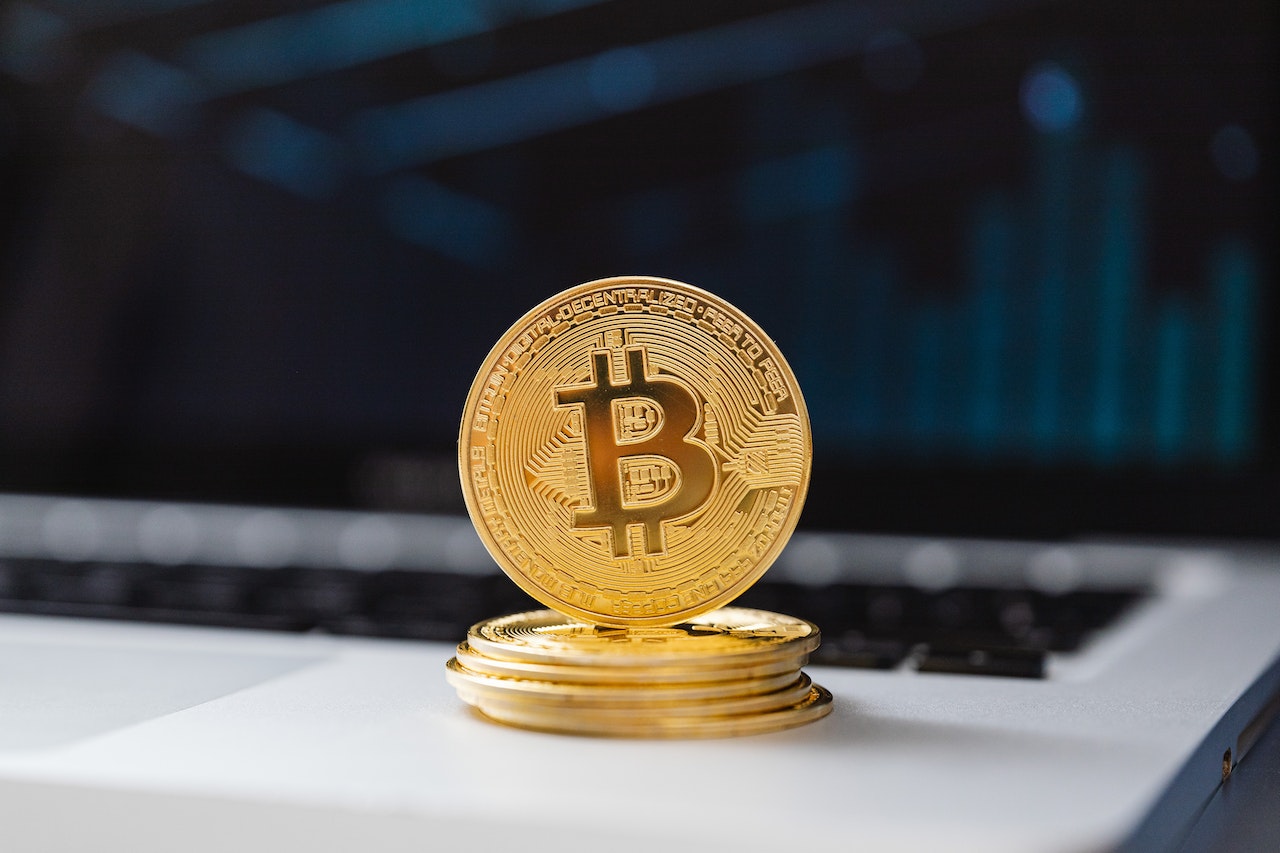In the ever-evolving realm of cryptocurrency, the phenomenon of unclaimed Bitcoin presents a fascinating opportunity for those willing to explore its depths. Bitcoin, the world’s most prominent digital currency, has skyrocketed in popularity over the years, yet many individuals are unaware that significant amounts of Bitcoin remain unclaimed. These assets lie dormant in the blockchain, waiting for their rightful owners to stake their claims.
Unclaimed Bitcoin refers to the digital currency that has been sent to an address but remains untouched and unspent. This can happen for various reasons, such as individuals losing access to their private keys or forgetting about their Bitcoin holdings. Additionally, it could be a result of a dormant wallet that has been abandoned over time. The reasons behind unclaimed Bitcoin are diverse, but the potential for reclaiming these forgotten treasures is immense.
This article aims to shed light on the concept of unclaimed Bitcoin and demystify its existence.
Satoshi Nakamoto: The Visionary Creator of Bitcoin and His Untouched Fortune
Satoshi Nakamoto, the enigmatic creator of Bitcoin, remains a mystery with an unknown identity. In 2008, Nakamoto introduced the concept of a decentralized digital currency through the publication of the Bitcoin whitepaper. During Bitcoin’s early days, Nakamoto actively mined over 20,000 blocks, amassing an estimated total of over 1 million Bitcoin. Surprisingly, Nakamoto has not engaged in any subsequent trading or mining activities.
These earned Bitcoins are not meant to be spent and serve as a digital bearer asset without private keys, making them impossible to lose. Speculation runs rampant about what would happen if Nakamoto were to move these original Bitcoins. Regardless, the fact remains that this untouched stash reduces the available supply of Bitcoins by approximately 5.9%.
Nakamoto’s mining experience and initial accumulation of substantial Bitcoin holdings played a crucial role in establishing the foundation of the cryptocurrency. Although Nakamoto’s true identity remains undisclosed, his visionary contributions and the mystery surrounding his actions have left an indelible mark on Bitcoin’s origin and ongoing development.
Lost Private Keys: Unveiling the Vanished Wealth of Bitcoin
Within the vast realm of Bitcoin lies a hidden trove of digital fortunes, shrouded in mystery and known as “MIA Bitcoin” – a cryptocurrency that has seemingly evaporated into the ether. One of the main culprits behind this phenomenon is the elusive nature of lost private keys, which holds the key to the fate of these unattainable treasures.
Imagine the private key as the guardian of a secret vault, fiercely protecting the Bitcoin tied to a specific wallet. Just like a password, possessing the private key grants complete authority over the safeguarded funds. However, over time, numerous users have found themselves bereft of their private keys due to unfortunate circumstances such as forgotten passwords, misplaced hardware wallets, or even the heartrending loss of physical storage devices.
Chainalysis, a renowned blockchain analysis firm, estimates that approximately 25% of all bitcoins are forever lost, victims of this fateful vanishing act of the key. Astonishingly, a staggering 70% of these lost fortunes can be traced back to early investors and miners who enthusiastically embarked on the Bitcoin journey.
Once a private key is lost, the associated wallet becomes an impenetrable enigma, sealing away the contained Bitcoin forever. If the coins were stored in an online hosted wallet or exchange, the collapse or demise of the service provider extinguishes any hope of recovery. Similarly, an unfortunate hard drive crash that obliterates the private keys wipes out the Bitcoin amount from circulation, erasing its existence as if it had never been.
In some heartbreaking scenarios, Bitcoin users pass away without revealing the password to their wallets, taking the secrets of their digital fortunes to their eternal rest. In such cases, any once-cherished Bitcoins are irretrievably lost, perpetually remaining tantalizingly close yet eternally out of reach.
Unclaimed Bitcoin: Navigating the Challenges and Lessons Learned
Recovering lost or unclaimed Bitcoin presents a formidable challenge, given the inherent properties of the cryptocurrency. Once Bitcoin is lost, its retrieval becomes nearly impossible. While occasional refunds have occurred for mistaken transactions, these instances are rare and typically rely on personal connections between the parties involved. When a private key is lost, the associated Bitcoin becomes unspendable, further complicating the recovery process.
Regrettably, there is no definitive method for claiming permanently lost Bitcoin. The decentralized nature of the cryptocurrency, combined with its robust cryptographic security measures, renders the retrieval of misplaced or forgotten private keys exceedingly difficult, if not entirely unachievable. In the absence of access to the private key linked to a specific wallet, the Bitcoin it holds remains locked away indefinitely, rendering it unspendable and beyond reclamation.
This inability to reclaim lost Bitcoin serves as a poignant reminder of the paramount importance of secure storage and responsible management of digital assets. As cryptocurrencies continue to gain popularity, users must exercise caution and adopt best practices to protect their private keys and wallets. Implementing the following robust security measures is imperative:
- Robust passwords;
- Encrypted storage devices;
- Reliable backups.
This can help mitigate the risk of losing access to valuable cryptocurrency holdings.
Conclusion
While the concept of unclaimed Bitcoin exists, the underlying design and security features of the cryptocurrency pose significant obstacles to the recovery of lost funds. Bitcoin’s decentralized and pseudonymous nature offers numerous advantages but also demands a trade-off in terms of irreversibility and the responsibility for safeguarding digital wealth.
Therefore, it is crucial for users to prioritize the safeguarding of their private keys and exercise caution to prevent the unfortunate loss of valuable assets within the realm of cryptocurrencies.
